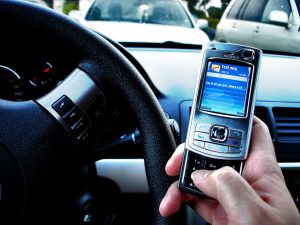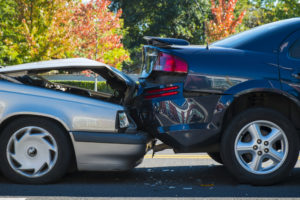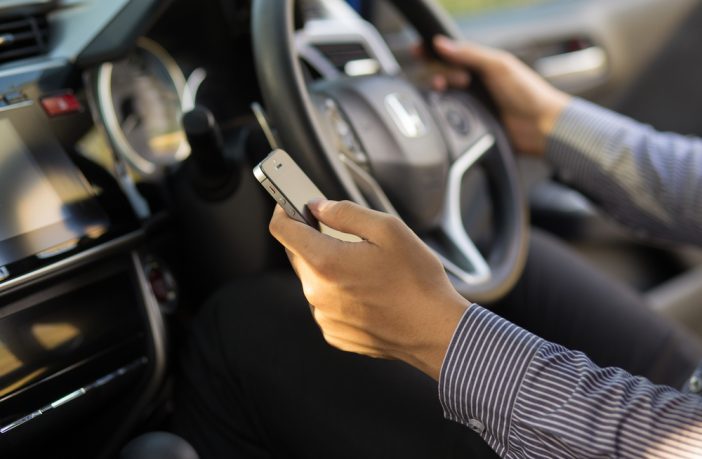Tougher restrictions on driving while using a mobile phone and stricter enforcement of the law could prevent deaths and serious injuries from related crashes on the roads, says new House of Commons report.
In Road Safety: driving while using a mobile phone, the Transport Committee says the evidence is clear: using a mobile phone while driving is dangerous, with potentially catastrophic consequences.
Dr Gemma Briggs, Senior Lecturer in Psychology, The Open University, was one of three expert witnesses giving evidence at the Transport Select Committee meeting in June. The research underpinning the oral evidence was carried out as a collaboration between Dr Gemma Briggs and Dr Graham Hole, Senior Lecturer in Psychology at the University of Sussex. Their research supports the view that hands-free phone use is equally distracting as hand-held use and can cause drivers to look directly at hazards yet fail to notice them.

Both Dr Briggs and Dr Hole have welcomed the recommendations in the report, particularly the suggestion that Government should consider extending legislation to make hands-free phone use by drivers an enforceable offence.
“The current mobile phone laws are outdated and not fit for purpose. They also, by implication, suggest that hands-free phone use is a safe alternative to hand-held use despite compelling research evidence, including our own, which disputes this. As such, the law around what constitutes ‘phone use’ and how it negatively impacts on a driver’s attention needs clarification.” Said Dr Briggs.
“The public need to understand why phone use is dangerous. Public awareness needs to be increased in this area and I look forward to hearing the Government’s response to this.

Dr Gemma Briggs, Senior Lecturer in Psychology, Faculty of Arts & Social Sciences, OU
Adding, “Enforcement is also an important issue in this debate. Without significant investment in roads policing and new technologies to assist in detection of offenders, any change in the law would be challenging to enforce. Enforcement of a hands-free ban would be challenging, but that doesn’t mean we shouldn’t do it!”
Chair of the Committee, Lilian Greenwood MP, also echoed the sentiment that a change in the public’s attitude and behaviour is key.
“If mobile phone use while driving is to become as socially unacceptable as drink driving much more effort needs to go into educating drivers about the risks and consequences of using a phone behind the wheel. Offenders also need to know there is a credible risk of being caught, and that there are serious consequences for being caught.
“There is also a misleading impression that hands-free use is safe. The reality is that any use of a phone distracts from a driver’s ability to pay full attention and the Government should consider extending the ban to reflect this.”
Dr Graham Hole, Senior Lecturer in Psychology at the University of Sussex, explains the impact of the distraction of mobile phones on drivers, putting the importance of this report into context.
“A popular misconception is that using a mobile phone while driving is safe as long as the driver uses a hands-free phone. Our research shows drivers are distracted by phone conversations, regardless of whether they are hand-held or hands-free. Because their attention is focused on the conversation, a driver will try to cope by reducing the mental demands of the driving.
“They do this by looking around less, so they are less likely to spot emerging hazards, like pedestrians, especially in their peripheral vision. They also over-rely on their expectations about what is likely to happen next – which causes problems when something unexpected happens.”

In 2017, there were 773 casualties, including 43 deaths and 135 serious injuries, in collisions where a driver using a mobile phone was a contributory factor. The number of people killed or seriously injured has risen steadily since 2011.
However, the rate of enforcement has plunged by more than two thirds since 2011.
For more about information about Dr Gemma Briggs’ research you might be interested in:
Hands-free phone tech is dangerous – so why do car firms still promote it?
In-car technology: are we being sold a false sense of security?



